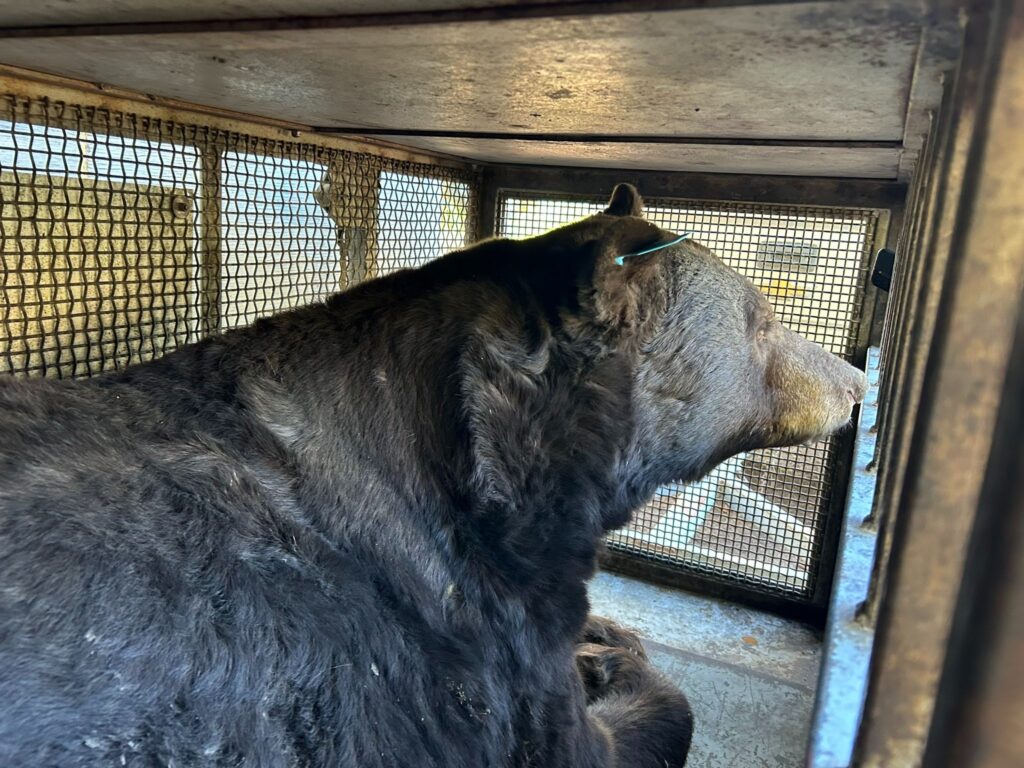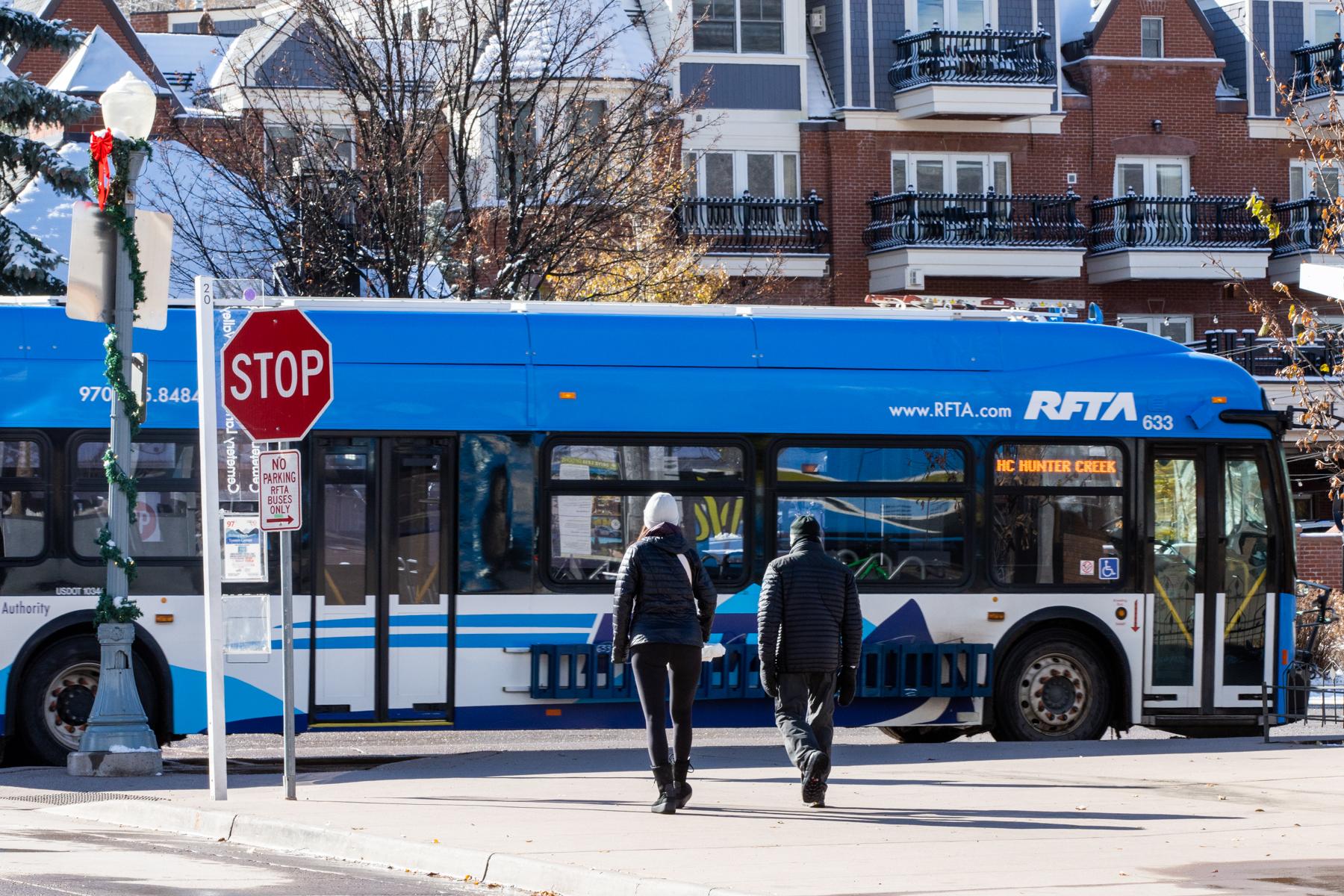
Colorado Parks and Wildlife is reminding people to be aware this fall as black bears enter a state called hyperphagia in preparation for hibernation.
Wildlife officers in Durango tranquilized what they’re calling “an absolute unit of a bear” Thursday after he’d returned multiple times to a backyard deck scrounging for trash and dining on fruit trees.
Weighing in at an estimated 450 pounds, it took four officers and a winch to remove the bear from under the deck and relocate him outside the city.
During the hyperphagia phase, bears can eat up to 20,000 calories a day, or the equivalent of 20 chicken sandwiches, 10 large orders of french fries, 10 soft drinks, and 10 milkshakes, according to CPW.
Over half of the state’s bear incident reports in 2023 occurred from August to October, and this season Coloradans are already seeing bear activity in urban areas.


CPW said it’s critical people stay vigilant and proactive in preventing conflicts and encounters with black bears this fall by locking up trash and pet food and keeping outdoor grills clean.
“Preventing bears from relying on human food sources takes a community effort, and it's important that we all take proactive steps to limit human food sources in order to avoid any possible conflicts with bears and bear-proof our homes,” said CPW Northwest Region Senior Wildlife Biologist Brad Banulis in a press release.
For more tips on bear prevention check out CPW’s tips for what it calls Fat Bear Fall.







